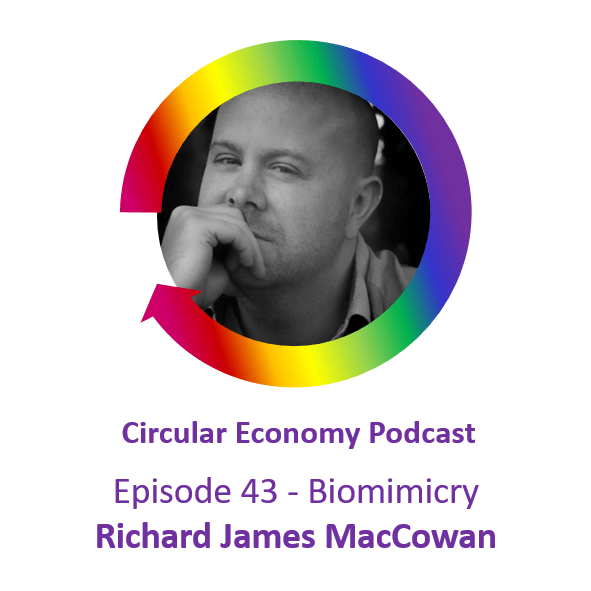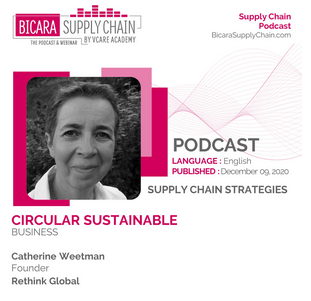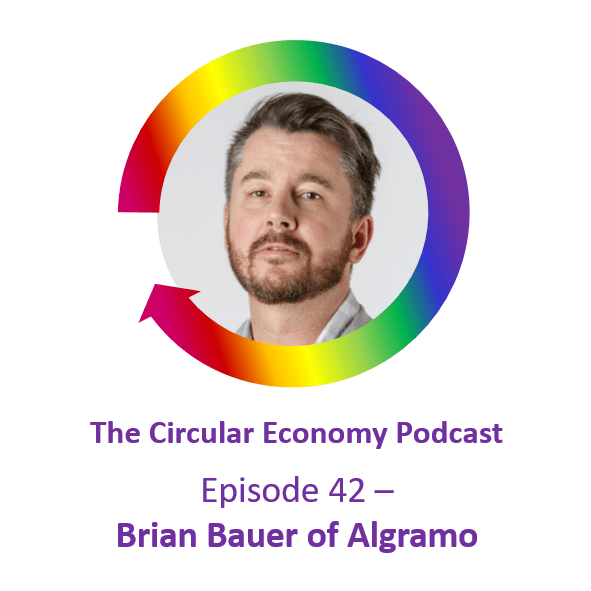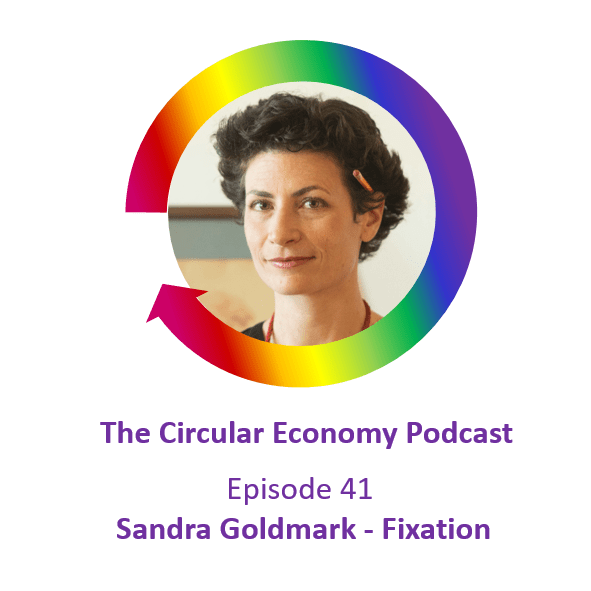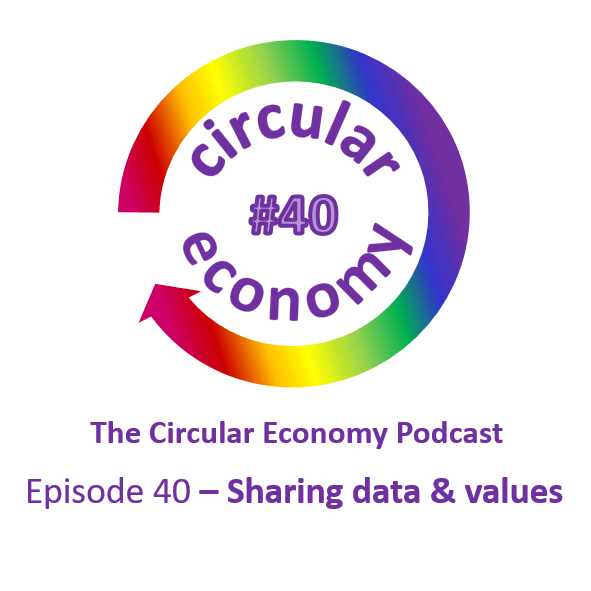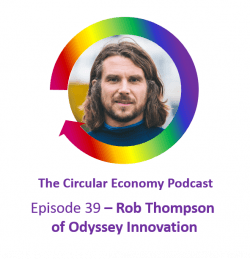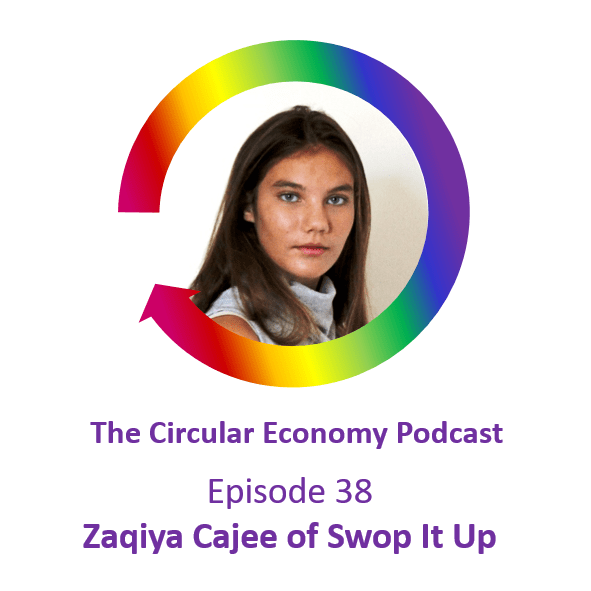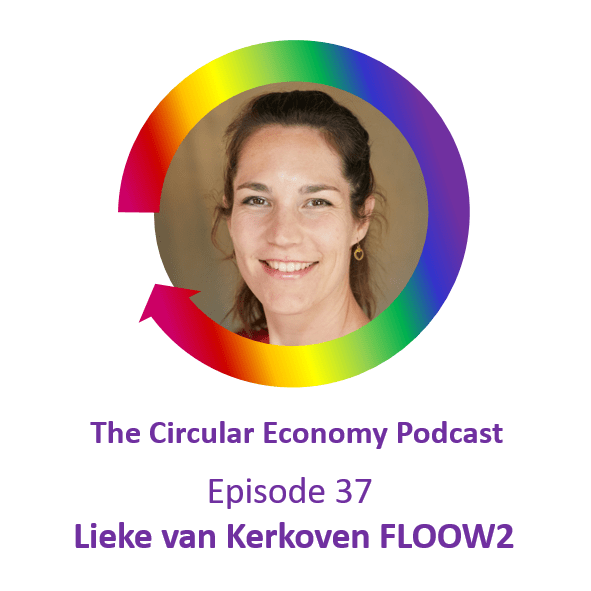Episode 43 Richard James MacCowan of Biomimicry Innovation Lab
Richard is the Founder and Creative Director of the Biomimicry Innovation Lab, with a mission to inspire and share how the natural world can deliver unique solutions by radically reducing the need for resources. Richard kindly wrote a brilliant piece on Biomimicry for the 2nd edition of Catherine’s Circular Economy Handbook.
We talk about different aspects of biomimicry and how it can inform the design of objects, systems and much more, including Structure and materials, Swarm behaviour, 3D Printing & termites, Self-repairing and ‘exotic’ materials – and why origami is useful! Richard explains how nature uses structure for colour, which leads me to ask whether some of these developments are actually encouraging consumption.
